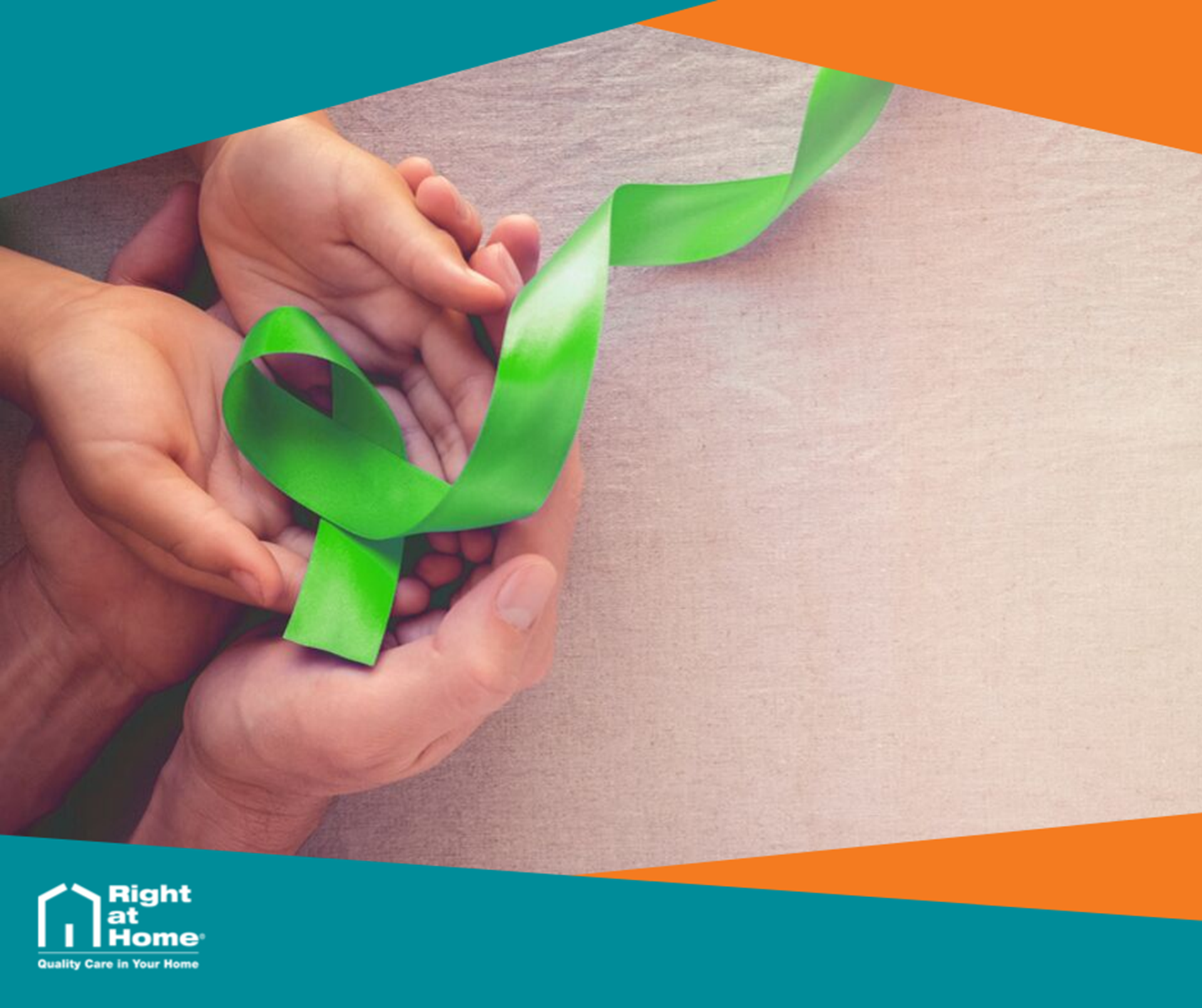World Mental Health Day
Published: 10/10/2020

This year’s World Mental Health Day (10 October 2020) comes at a time where we have all been affected by the coronavirus pandemic and daily life has changed significantly.
Our mental health should always be a priority but now it is more important than ever. Here we share five top tips for maintaining mental health and wellbeing during the pandemic.
1. Turn off the news
It’s important to stay up-to-date with what’s happening but you don’t need to check the news every hour. Instead, use your time to do other engaging activities. This will help occupy your mind and keep your brain mentally stimulated. Try activities such as puzzles, jigsaws or Sudoku.
2. Enjoy exercise and fresh air
Exercise releases endorphins which can boost your mood and reduce feelings of anxiety. For those in a local lockdown, whilst you may not have the freedom to move around outside, if you have a garden, make sure you get outside and get plenty of fresh air. Just twenty minutes of exercise per day can make all the difference.
3. Keep a routine
Having a daily routine provides us with a sense of purpose and structure. If you’re now working from home or self-isolating, your new daily routine could look very different to your old one and you will be spending the majority of your time indoors. Routines are particularly important for people who need to carry out daily tasks to support their health, for example, taking medication.
A change of routine may affect your fluid intake and also your diet, so remember to stay hydrated by drinking 6-8 glasses of fluid a day and eat healthy, balanced meals which include at least five portions of fruit and veg a day. If you are self-isolating or shielding, ask someone to drop off essential food items and leave them on your doorstep to avoid face-to-face contact.
4. Connect with family and friends
Social isolation and feelings of loneliness can have a big impact on our mental health and wellbeing, so for those in a local lockdown or shielding/isolating, think about ways you can continue to communicate with people that you would usually visit face-to-face. There are lots of free apps you can use, such as FaceTime, Zoom or Skype to communicate with multiple people during a single call.
Many local community groups have moved online so they can continue running during the pandemic. From choirs, to exercise classes and book clubs, there are a wealth of different activities that you can get involved in. Take a look on Facebook to find out what local groups have moved online in your local area.
5. Ensure you’re getting enough sleep
Getting enough sleep is vital for your wellbeing. It allows your body to repair itself and your brain to consolidate your memories and process information. Having a routine is vital for good sleep hygiene. Try to go to bed at the same time each day to keep a consistent schedule. Set a bedtime that allows you to get enough sleep (between 6-9 hours is recommended) and make your bedroom sleep-friendly, so it’s dark, cool and quiet.
You can find more hints and tips on getting a good night’s sleep here.
Other useful resources
Mental Health charity Mind has lots of useful guidance and resources on its website and for World Mental Health Day, it is encouraging everyone to think about one positive change people can make in their lives. You can find out more about Mind’s #DoOneThing campaign here.
